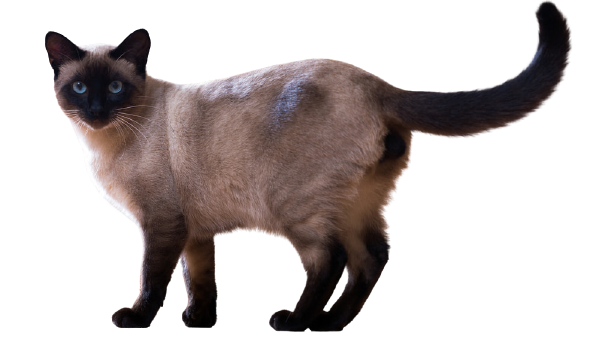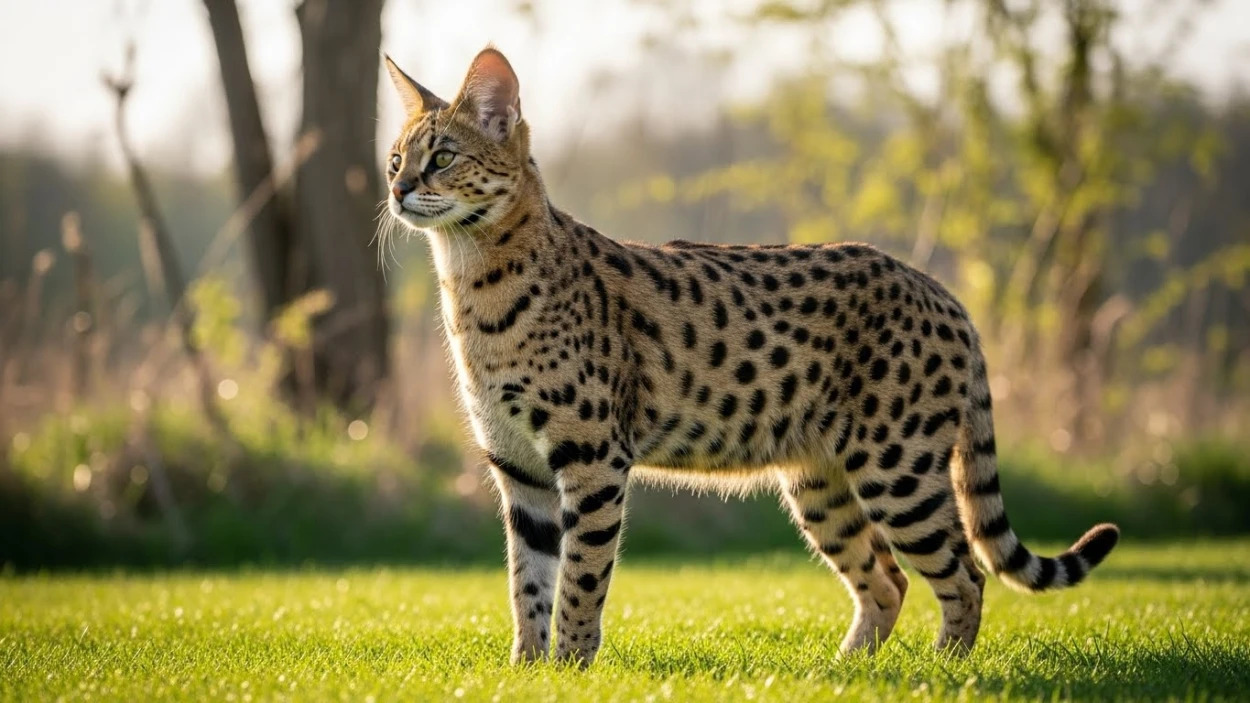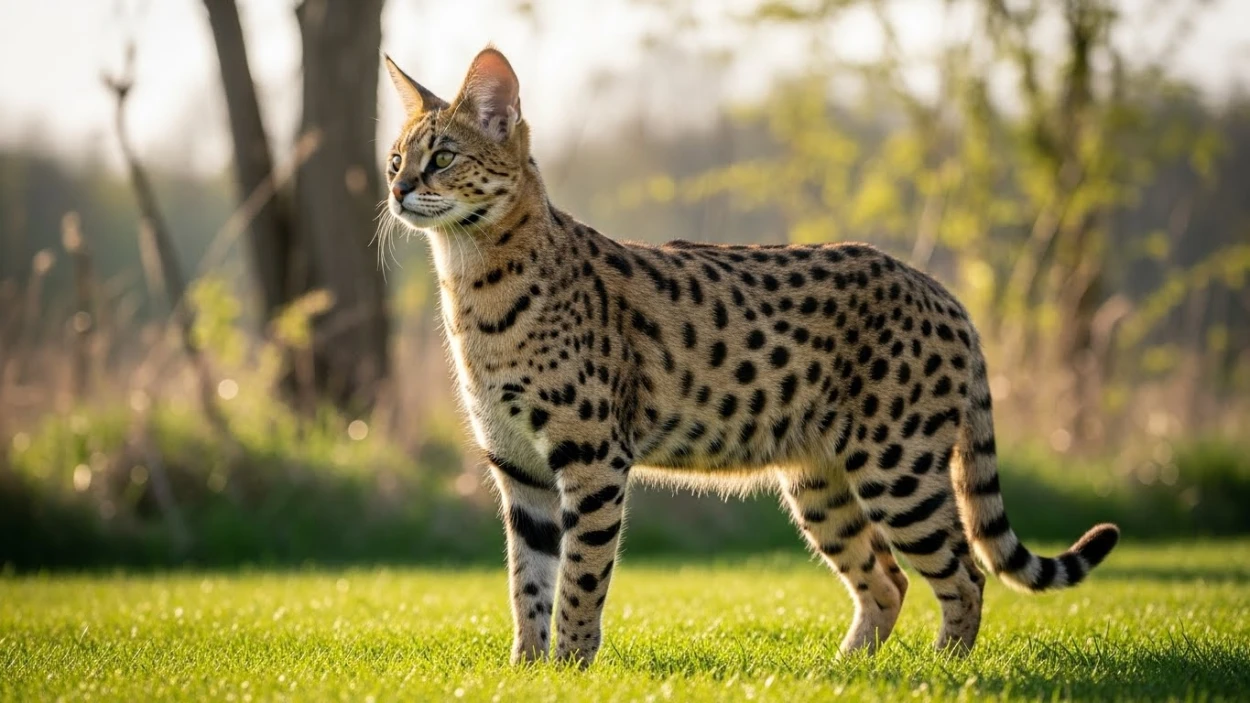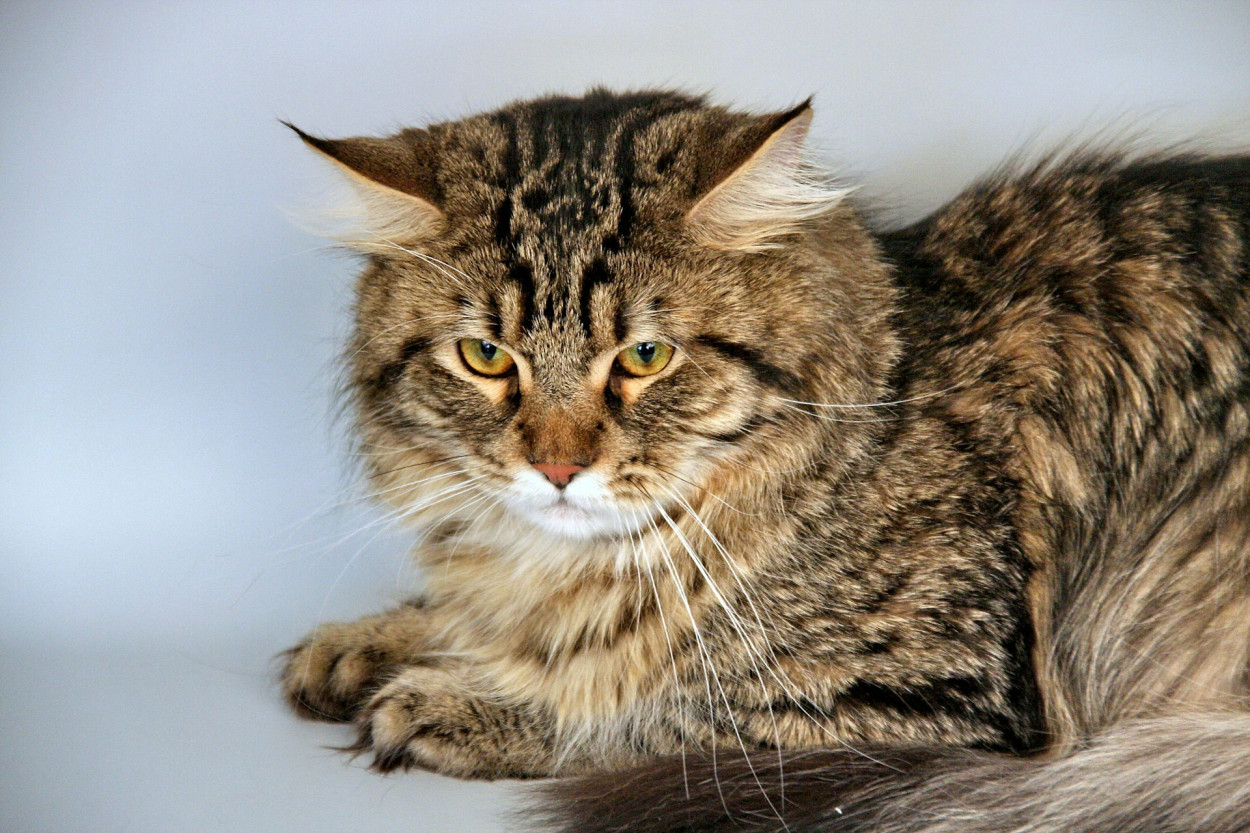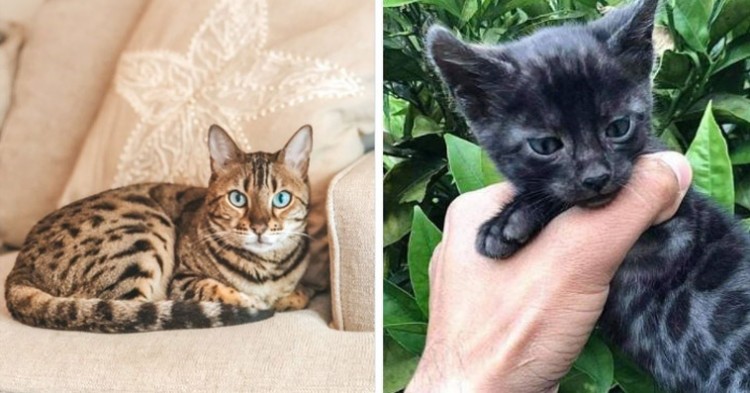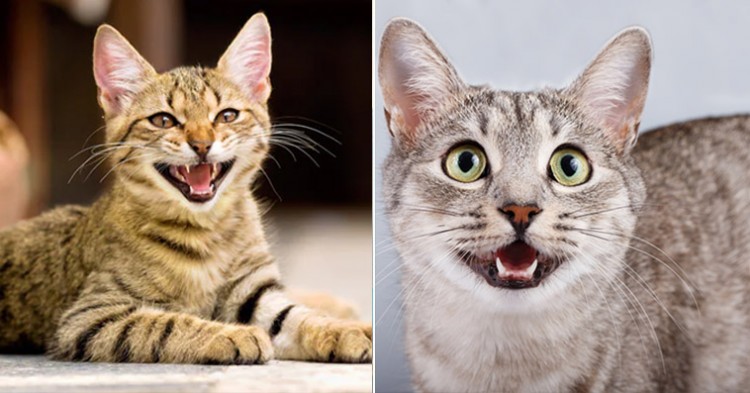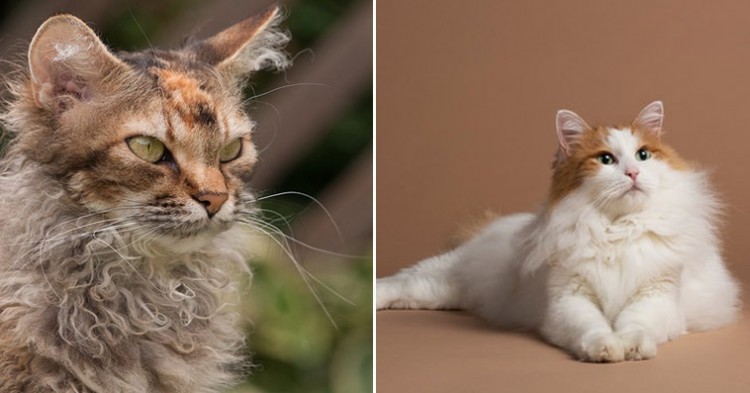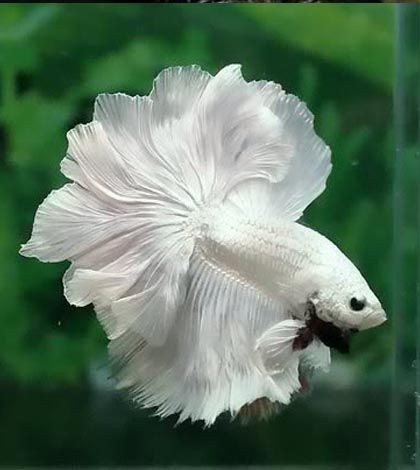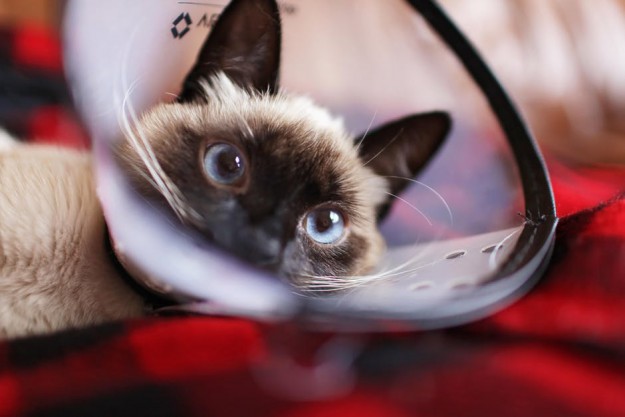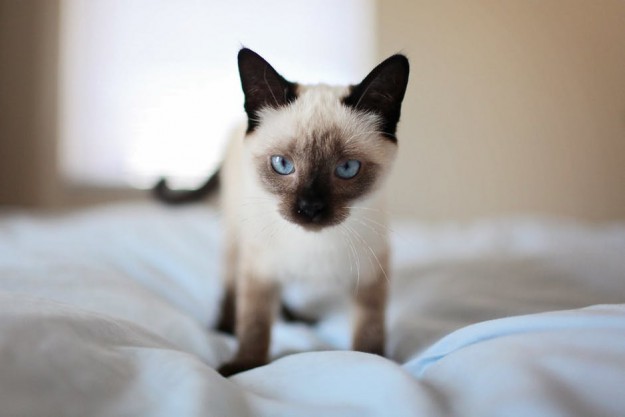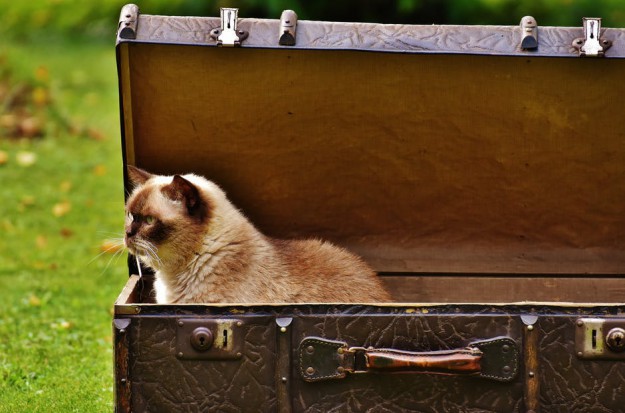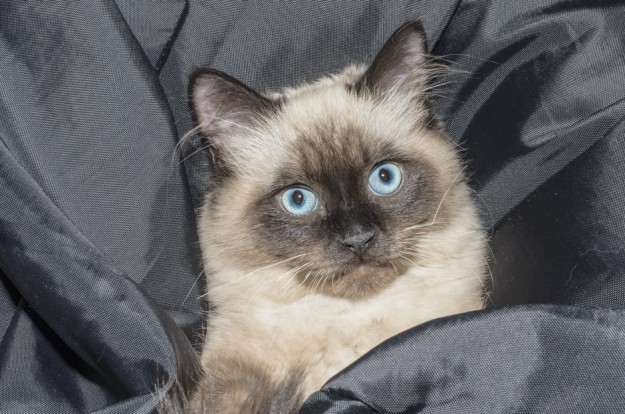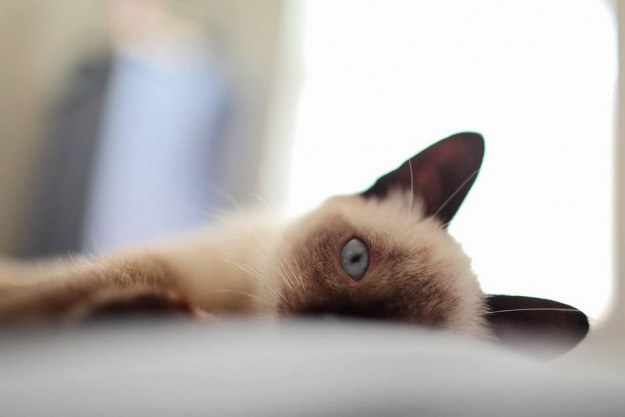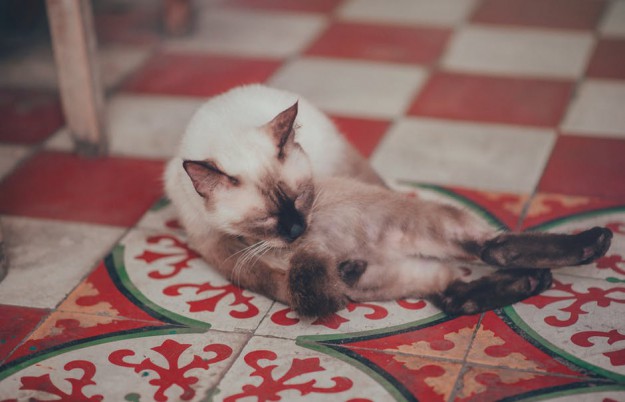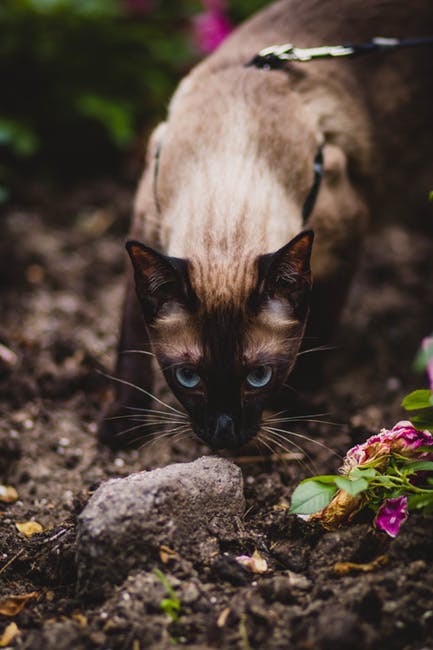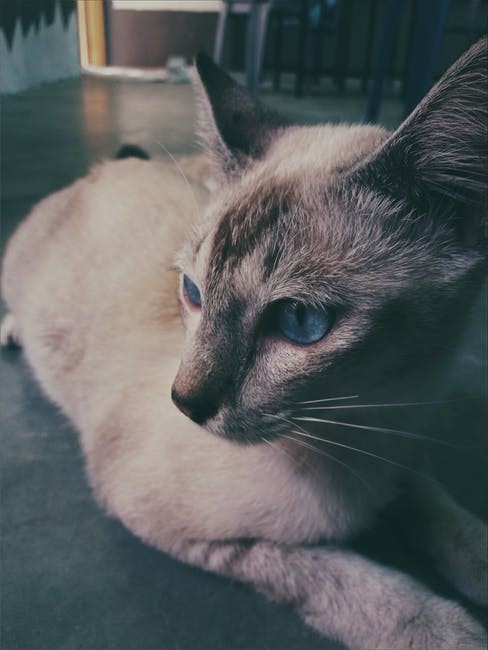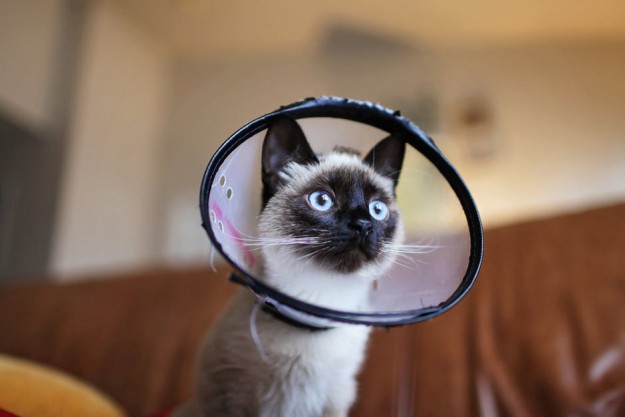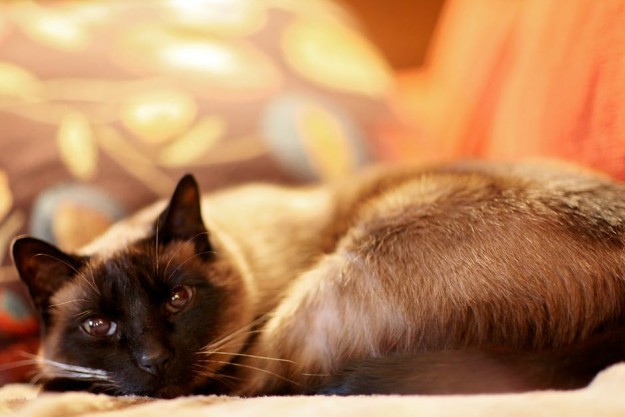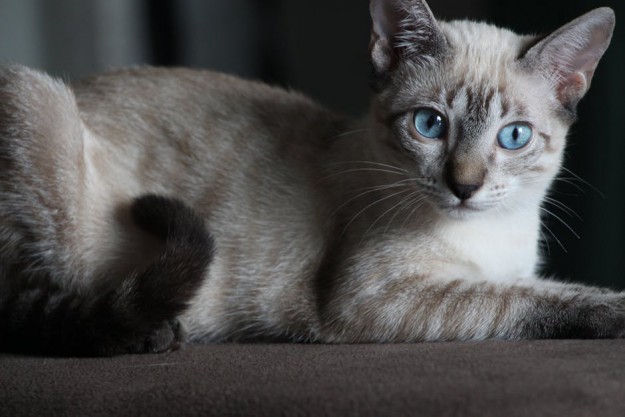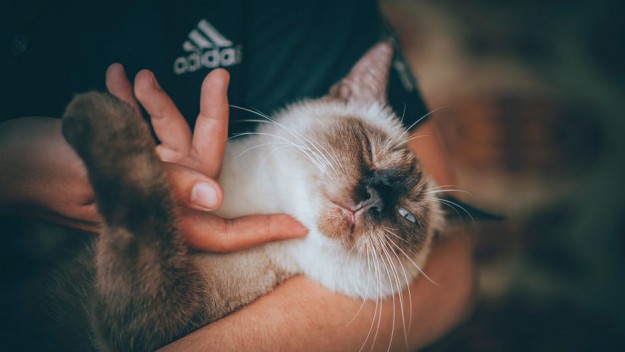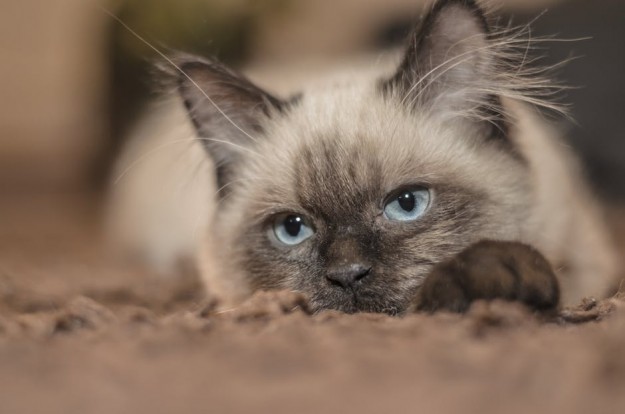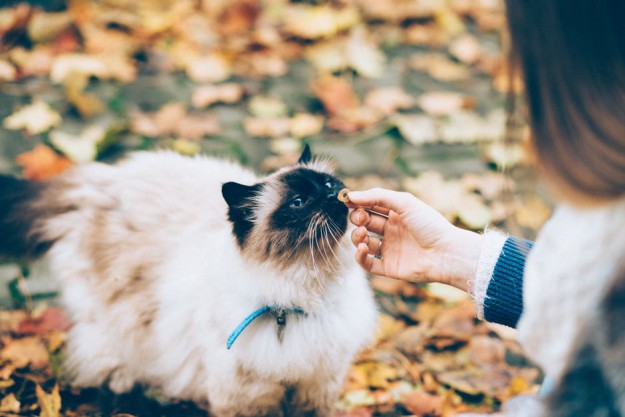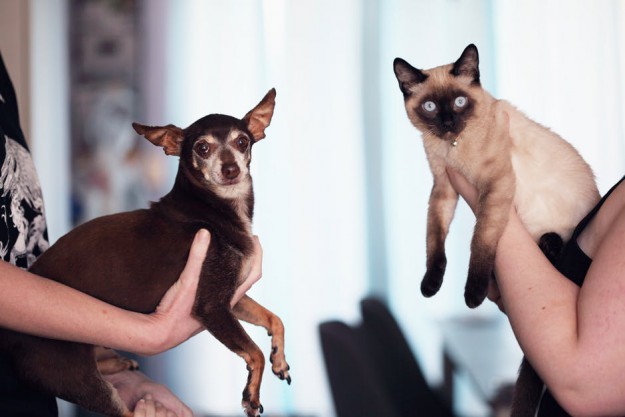Breed Information
| Popularity/Rank | 12 |
|---|---|
| Name | Siamese |
| Other names | Siam, Thai Cat |
| Origin | Thailand |
| Size | Medium, Large |
| Coat | Glossy, Silky, Soft, Short Hair |
| Lap Cat | Yes |
| Lifespan | 12 to 15 years |
| Temperament |
Agile, Clever, Energetic, Loving, Sociable, Active Agile: The Siamese cat is an agile breed that is known for its intelligence and playful nature. They are quick learners and love to play games, making them a perfect companion for active people. Siamese cats are also very loving and sociable, so they make great family pets. |
| Weight | Female: 8 - 12 pounds, Male: 11 - 15 pounds |
| Colors | Blue point, Chocolate point, Lilac point, Seal point |
| Kitten Prices |
USD $600 - $1200
Siamese kitten prices can range from $600 to $1200 USD, depending on the breeder and the kitten's parents. Generally, Siamese kittens with better pedigrees and more desirable markings will be more expensive. The price of a Siamese kitten also reflects the quality of care that the breeder provides. A good breeder will charge more for their kittens because they have invested more in their health and welfare. Choosing a Siamese kitten is a personal decision, but there are some things to keep in mind when making your choice. First, consider your budget and make sure you are comfortable with the price range of Siamese kittens. Second, research different breeders to find one that you feel confident about entrusting your new kitten to. Finally, remember that the price of a Siamese kitten is not necessarily an indicator of quality; even an inexpensive kitten can be a loving and loyal companion. |
Breed Characteristics
| Adaptability | |
|---|---|
| Affection Level | |
| Child Friendly | |
| Dog Friendly | |
| Energy Level | |
| Grooming | |
| Health Issues |
Bladder stones, congenital heart defects, crossed eyes, early onset deafness, respiratory problems. Is Siamese cat Hypoallergenic? There is no definitive answer to this question as everyone's allergies are different. Some people may find that they are allergic to Siamese cats while others may not. The best way to determine if you are allergic to a Siamese cat is to spend time around one and see if you have any reaction. Bladder Stones Bladder stones are a common health problem in Siamese cats. They are caused by a build-up of minerals in the urine, which can form crystals or stones. These stones can block the urethra, causing pain and urinary problems. Treatment involves surgery to remove the stones and may also require antibiotics to prevent infection. Congenital Heart Defects Congenital heart defects are a common health problem in Siamese cats. These defects can cause problems with the heart's structure and function. Treatment depends on the severity of the defect and may involve medication, surgery, or lifestyle changes. Crossed Eyes Crossed eyes, or strabismus, is a common health problem in Siamese cats. It occurs when the eyes are not aligned properly and can cause vision problems. Treatment involves surgery to correct the alignment of the eyes. Early Onset Deafness Early onset deafness is a common health problem in Siamese cats. It is caused by a genetic defect and can cause hearing loss from birth. Treatment involves providing a safe environment and using hand signals or other visual cues to communicate. Respiratory Problems Respiratory problems are a common health problem in Siamese cats. They can be caused by a variety of factors, including allergies, infections, and congenital defects. Treatment depends on the underlying cause and may involve medication, surgery, or lifestyle changes. |
| Intelligence | |
| Shedding | |
| Social Needs | |
| Stranger Friendly | |
| Vocalization | |
| Health Care |
Siamese cats are a popular breed of cat, known for their striking blue eyes and sleek, elegant bodies. While they may look like they don't need much care, Siamese cats are actually quite delicate and require special care to stay healthy. Here are some tips on how to care for your Siamese cat:
-Feed them a high-quality diet: Siamese cats are prone to digestive problems, so it's important to feed them a diet that is easy to digest. Look for a food that is specifically designed for Siamese cats, or ask your vet for recommendations. -Brush their fur regularly: Siamese cats have very fine fur that can easily become matted. Brush them regularly to prevent mats from forming, and to help keep their fur clean and healthy. -Keep their litter box clean: Siamese cats are very clean animals and they prefer a clean litter box. scoop it out daily and change the litter completely every week. -Give them plenty of attention: Siamese cats are very social animals and they love attention from their humans. Make sure to spend plenty of time playing with and petting your Siamese cat. |
History
The Siamese cat is one of the oldest and most popular breeds of cats. The breed originated in Siam, now Thailand, and is thought to be descended from the sacred cats of Burma. In the 1800s, British diplomats brought Siamese cats back to England as gifts for their families. The Siamese quickly became a favorite among the British aristocracy.
The Siamese breed almost became extinct during World War II. Many of the cats were killed during the bombing raids on London. After the war, only a handful of Siamese cats remained in England. The breed was saved by American servicemen who brought Siamese cats back to the United States after the war.
The Siamese breed become popular in America in the 1950s and 1960s. The firstSiamesecat registered with the American Cat Fanciers Association was Wong Mau, who was imported from Burma in 1930. Wong Mau was bred with American shorthair cats to create a new generation of Siamese cats with longer legs and a more slender body type.
Today, there are two types of Siamesecats recognized by most cat registries: Traditional or Old-StyleSiameseand Modern or Show-StyleSiamese. Traditional Siamesecats are more similar in appearance to their ancestors, while Modern Siamesecats have been bred to have a more extreme appearance, with longer legs and a thinner body type.
Description
The Siamese cat is a beautiful, elegant creature that has been popular in pop culture for decades. Though they are often thought of as being aloof and standoffish, they can actually be quite loving and affectionate with their family. They are also very intelligent and curious, which can sometimes lead to them getting into mischief. Here are some more facts about this unique breed:
Appearance: The most distinguishing feature of the Siamese cat is its pointed coat pattern. This is caused by a genetic mutation that results in the production of less pigment in the fur, resulting in the characteristic "points" on the face, ears, legs, and tail. The body of a Siamese cat is long and slender, with fine boning and muscular legs. They typically have large ears and almond-shaped eyes that are blue or green in color.
Lifespan: The average lifespan of a Siamese cat is 12-15 years.
Size: Male Siamese cats typically weigh 8-10 pounds, while females usually weigh 6-8 pounds.
Colors: The traditional colors for a Siamese cat are seal point (a dark brownish-black), blue point (a slate blue), or lilac point (a pale lavender). However, there are now many other color variations available due to crossbreeding with other breeds, such as chocolate point or red point.
Personality: As mentioned before, Siamese cats can be quite loving and affectionate with their family members. They enjoy being around people and like to play games. They are also very curious creatures and love to explore their surroundings. However, they can also be quite headstrong and stubborn at times.
Friendliness towards other animals: While some Siamese cats get along well with other animals, such as dogs and children, others may be more aloof or even aggressive towards them. It really depends on the individual cat's personality.
Temperament: Overall, theSiamese cat is an active, playful, and curious breed that makes a great companion for those who can give them plenty of attention."
Health: Like all breeds of cats, the Siamese is prone to certain health problems such as respiratory infections, dental problems, obesity, and heart disease. However, if they are well cared for and given regular vet checkups/ vaccinations , they can enjoy a long , healthy life .
Adaptability : When it comes to adapting to new environments , theSiamese cat does fairly well . They are not particularly shy or timid , so they usually do not have any problem adjusting to new homes or families . However , because they do enjoy companionship so much , it's best if there is already another pet in the home for them to socialize with .



